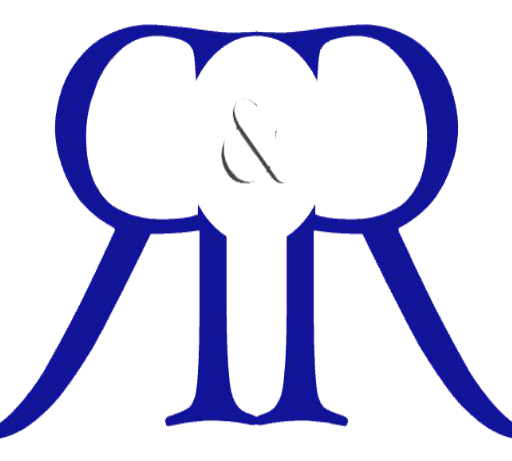How COVID Support Payments Could Affect your Business Taxes
The Canadian government set up several subsidies and support payments to help businesses deal with financial difficulties caused by the COVID-19 pandemic. These programs include the Canada Emergency Rent Subsidy (CERS), the Canada Emergency Wage Subsidy (CEWS), and Canada Emergency Business Account (CEBA) loans.
While these programs have provided businesses with much-needed help, it’s also important to consider their possible tax implication and what this can mean for your business.
Canada Emergency Rent Subsidy (CERS) and Income Taxes
This subsidy is designed to help organizations cover part of their commercial rent or property expenses. The amount of CERS support that a business receives is taxable. This means that it must be included as taxable income on your corporate tax return.
You must include this amount as income before the end of the qualifying period to which it relates. If your business files your returns without including CERS support as required, you will be required to file an amendment.
Canada Emergency Wage Subsidy (CEWS) and Income Taxes
The Canada Emergency Wage Subsidy is also considered taxable income. If your business received this subsidy (designed to help businesses cover part of their employee wages), the amount you received must be claimed as income on your tax returns.
The subsidy must be claimed “immediately before the end of the qualifying period to which it relates”, not when the subsidy is received.
Canada Emergency Business Account (CEBA) and Income Taxes
Canada Emergency Business Account (CEBA) loans are interest-free loans that are guaranteed by the government. If your organization receives a loan and repays the balance of the loan on or before December 31, 2022, you will receive 33 percent loan forgiveness, up to $20,000.
The forgivable portion of the loan must be included as taxable income in the year that it is received. However, a business can elect to not include this amount and instead reduce its outlay or expenses by the same amount of the loan that was received. This must be done by sending a signed letter to the CRA.
If the balance of the loan is not repaid by December 31, 2022, and therefore the amount is not forgiven, an offsetting deduction is available in the taxation year the loan is repaid.
How to Get Help
Running a business is difficult. Running a business during a pandemic is even tougher. Not only do you have to deal with changing health threats as well as the various safety restrictions in place, but you may have had to change your entire business to survive. When you add in the potential confusion surrounding income taxes and government COVID support programs, it becomes even tougher.
During this difficult time, Ralevic & Ralevic LLP is here to help. Our tax experts have decades of experience and a proven track record of providing accurate and timely tax services. We can work with you to ensure your business complies with all tax laws and assist with creating a tax strategy for your organization.
Let us handle your taxes while you focus on your business. For more information, please contact us today.









